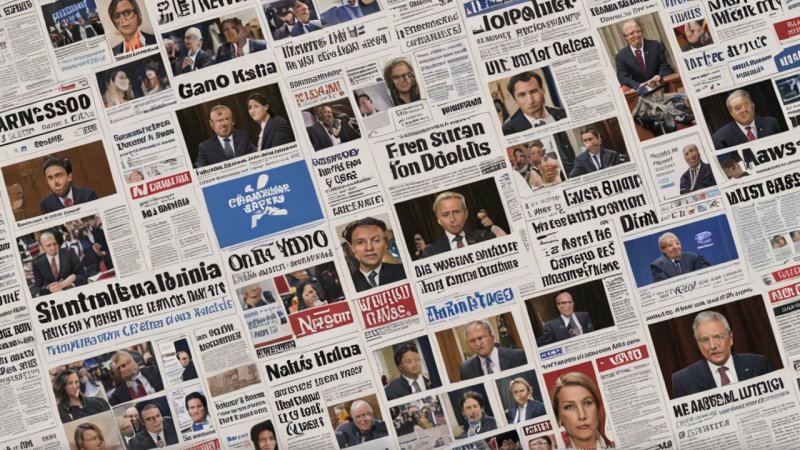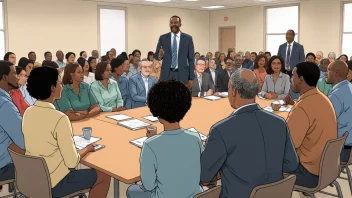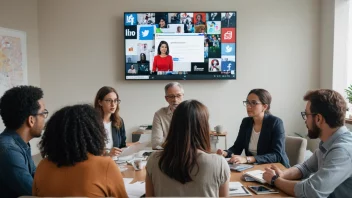In today's fast-paced world, the media plays a crucial role in shaping public opinion and influencing policy formulation. With the rise of digital platforms and social media, the interaction between the media and policymakers has evolved significantly. This article explores how media serves not only as a conduit for information but also as a powerful actor in the policy-making process.
Media can be seen as the 'fourth estate,' a term that underscores its importance in a democratic society. By informing the public about various issues, media outlets help to create a knowledgeable citizenry that can advocate for change. When citizens are well-informed, they can engage more effectively in political discourse, which in turn pressures policymakers to respond to public concerns.
One of the key ways media influences policy is through the framing of issues. The way a news story is presented can shape how the public perceives the importance of that issue. For instance, coverage of climate change has evolved from a niche topic to a central public concern, largely due to sustained media attention. This shift has prompted governments worldwide to prioritize environmental policies.
Moreover, investigative journalism plays a vital role in holding policymakers accountable. By uncovering corruption, inefficiencies, or injustices, journalists can compel legislative bodies to take action. High-profile cases, such as the Watergate scandal in the 1970s, illustrate how media scrutiny can lead to significant political reform and policy change.
Social media platforms have also transformed the landscape of policy formulation. They allow for real-time engagement between citizens and their representatives. Hashtags and viral campaigns can draw attention to pressing issues, creating a sense of urgency that policymakers cannot ignore. For example, movements like #BlackLivesMatter have sparked national discussions about race and police reform, leading to policy proposals across various jurisdictions.
However, the influence of media is not without its challenges. The rise of misinformation and 'fake news' poses significant risks to informed policy-making. Policymakers must navigate a complex media environment where public opinion can be swayed by misleading narratives. This underscores the importance of media literacy among the public, enabling citizens to discern credible information from unreliable sources.
In conclusion, the media is a powerful force in the policy formulation process. By informing the public, framing issues, and holding leaders accountable, media can significantly influence the decisions made by policymakers. As the media landscape continues to evolve, it is essential for both citizens and policymakers to engage critically with the information being presented. Understanding the media's role can empower individuals to advocate for effective policies that reflect the needs and values of society.






